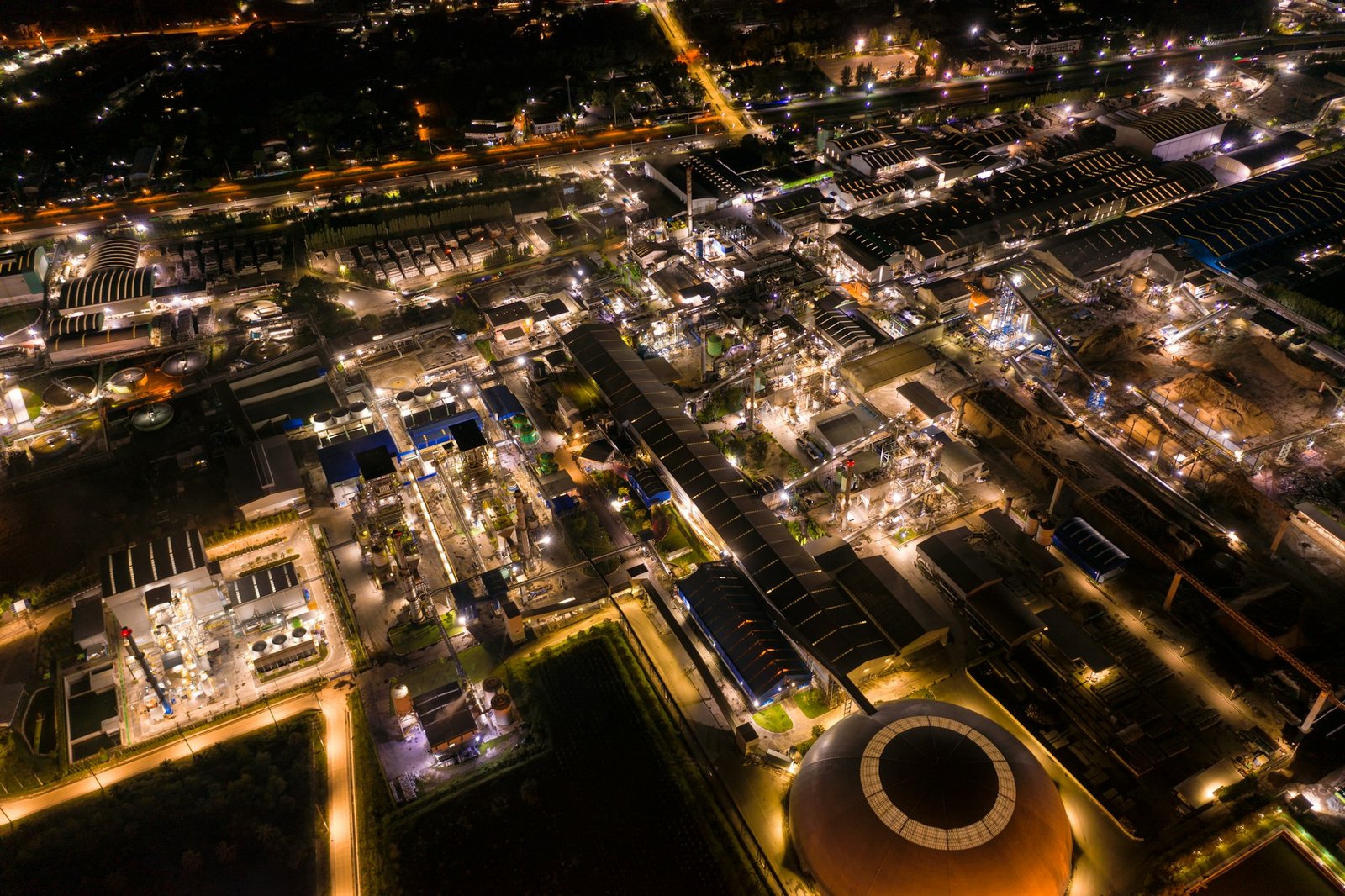In recent years, mounting environmental concerns have prompted a paradigm shift within the agrochemical industry. With growing awareness of the negative impacts of conventional agricultural practices on ecosystems, biodiversity, and human health, stakeholders are reevaluating their approaches to crop protection, pest management, and soil fertility. This article explores the evolving landscape of the agrochemical industry in response to environmental challenges and outlines key initiatives aimed at promoting sustainability.
The Environmental Impact of Agrochemicals
Agrochemicals, including pesticides, herbicides, and fertilizers, have long been essential tools in modern agriculture. However, their widespread use has raised significant environmental concerns. Pesticides and herbicides can contaminate soil, waterways, and air, posing risks to non-target organisms, pollinators, and ecosystems. Moreover, excessive fertilizer application can lead to nutrient runoff, eutrophication of water bodies, and soil degradation.
According to the Food and Agriculture Organization (FAO) of the United Nations, agriculture accounts for approximately 70% of freshwater use worldwide and is a major contributor to deforestation, habitat loss, and greenhouse gas emissions. These environmental impacts underscore the urgent need for sustainable agricultural practices that minimize harm to the planet while ensuring food security and livelihoods for future generations.
Shifting Towards Sustainable Solutions
Recognizing the need for change, the agrochemical industry is increasingly embracing sustainable solutions that reduce environmental impact without compromising productivity. Key initiatives include:
1. Integrated Pest Management (IPM)
Integrated Pest Management (IPM) emphasizes a holistic approach to pest management, integrating multiple strategies such as biological control, crop rotation, and habitat manipulation to minimize reliance on chemical pesticides. By promoting natural pest predators and enhancing crop resilience, IPM reduces the need for synthetic chemicals, thereby mitigating environmental harm.
2. Biopesticides and Biostimulants
Biopesticides, derived from natural sources such as plants, microorganisms, and minerals, offer effective alternatives to synthetic pesticides with lower environmental toxicity. Similarly, biostimulants enhance plant growth and stress tolerance through biological mechanisms, reducing the need for chemical fertilizers and promoting soil health.
3. Precision Agriculture
Precision agriculture harnesses technology such as GPS, sensors, and data analytics to optimize resource use and minimize waste. By precisely targeting inputs such as water, fertilizers, and pesticides, precision agriculture maximizes efficiency while minimizing environmental impact.
Advancing Sustainability Through Innovation
The agrochemical industry is investing heavily in research and development to advance sustainable innovations. Companies are developing new formulations of pesticides and fertilizers with improved environmental profiles, exploring biologically based solutions, and leveraging digital technologies to optimize resource management.
For example, Bayer AG has committed to reducing the environmental impact of its crop protection products by 30% by 2030 through innovation and stewardship initiatives. Similarly, Syngenta Group is investing in biological solutions and digital tools to enable more sustainable agriculture practices.
FAQs: Environmental Concerns Prompt Agrochemical Industry to Rethink Practices
Q1: How do agrochemical companies address concerns about pesticide residues in food?
A1: Agrochemical companies conduct rigorous testing and adhere to regulatory standards to ensure that pesticide residues in food remain within safe limits.
Q2: What role do regulatory agencies play in promoting environmental sustainability in agriculture?
A2: Regulatory agencies establish guidelines and regulations to govern the use of agrochemicals, promote sustainable farming practices, and protect environmental health.
Q3: How can farmers transition to more sustainable agricultural practices?
A3: Farmers can adopt sustainable practices such as crop rotation, cover cropping, and reduced tillage, and incorporate innovative technologies to minimize environmental impact.
Q4: What are the benefits of organic farming compared to conventional agriculture?
A4: Organic farming emphasizes soil health, biodiversity conservation, and natural inputs, resulting in lower environmental impact, reduced chemical use, and potentially higher nutrient content in food.
Q5: How can consumers support sustainable agriculture?
A5: Consumers can support sustainable agriculture by choosing locally grown, organic, and eco-certified products, advocating for transparent labeling, and engaging in food waste reduction efforts.
In conclusion, environmental concerns are driving a fundamental shift in the agrochemical industry towards more sustainable and eco-friendly practices. By embracing innovation, collaboration, and responsible stewardship, stakeholders can work towards a future where agriculture coexists harmoniously with the natural environment.





